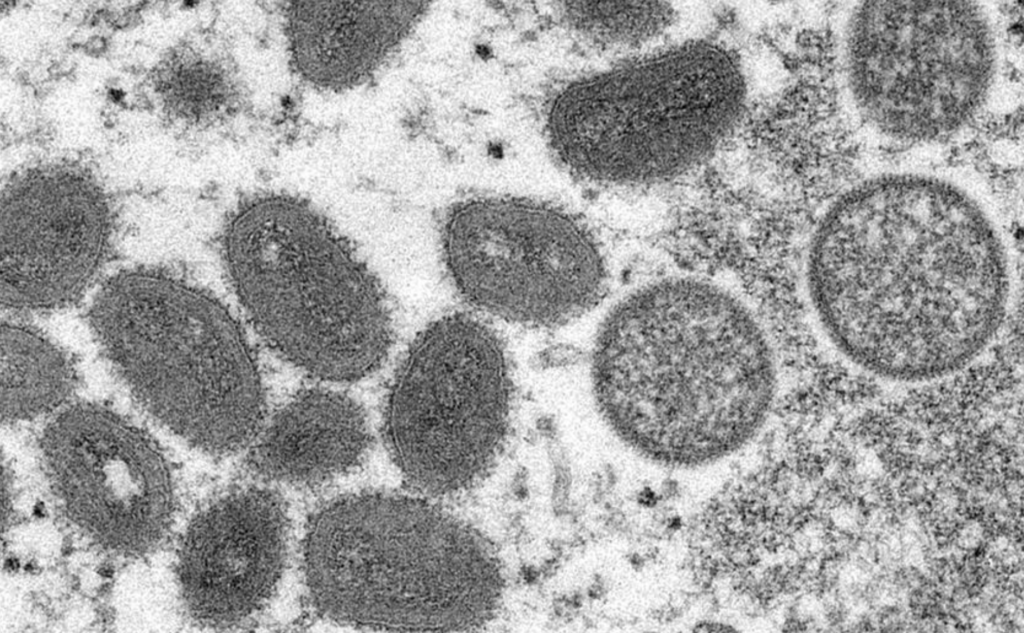There is a risk the monkeypox virus, of which several cases have been confirmed in Belgium, could become endemic in the continent, the European Centre for Disease Prevention and Control (ECDC) warned.
The ECDC stated that the likelihood of the spread of monkeypox in the broader population is very low, however, if human-to-animal transmission occurs, and the virus spreads in an animal population, "there is a risk that the disease could become endemic in Europe."
"Most of the current cases have presented with mild disease symptoms, and for the broader population, the likelihood of spread is very low,” said Andrea Ammon, ECDC Director, said.
“However, the likelihood of further spread of the virus through close contact, for example during sexual activities among people with multiple sexual partners, is considered to be high.”
Monkeypox would be considered endemic when the infection is constantly present but only in certain regions. The ECDC said this highlighted the need to "manage exposed pets and prevent the disease from being transmitted to wildlife."
Situation so far
According to the ECDC, a total of 67 cases of monkeypox acquired in the EU have been reported in nine EU countries (Austria, Belgium, France, Germany, Italy, Netherlands, Portugal, Spain, and Sweden) between 15 and 23 May.
The World Health Organisation (WHO) said on Tuesday that there are now a total of 131 confirmed cases of the virus outside countries where monkeypox usually spread, and a further 106 suspected cases in 19 countries.
In Belgium, four cases have been confirmed as of Sunday. As in the three previous cases, the fourth case is also linked to the international gay festival Darklands that took place in Antwerp at the beginning of May.
Avoid stigmatising
ECDC confirmed that, across the region, human cases are primarily among men who have sex with men. However, during an expert WHO Q&A panel on Monday, it was stressed that this does not make it a "gay disease." This was also previously highlighted by a Belgian expert.
Related News
- Why monkeypox will not be the next pandemic, according to experts
- 'Viruses don't discriminate': Expert outraged by homophobic reactions to monkeypox
"While we are seeing some cases among men who have sex with men this is not a 'gay disease', because anyone can get it," Andy Seale, WHO's Advisor to the Department of Global HIV, Hepatitis and STI Programmes, said.
The organisation is in close contact with the community to ensure it would understand the risk and wants to avoid stigmatising messaging around the virus. "We need to work with communities from the beginning," Seale stressed.
Next steps
The ECDC has said it recommends countries in Europe focus on prompt identification, management, contact tracing and reporting of new monkeypox cases.
"Countries should also update their contact tracing mechanisms, the diagnostic capacity for orthopoxviruses, and review the availability of smallpox vaccines, antivirals and personal protective equipment for health professionals," a statement read.
Meanwhile, infected people should remain isolated — Belgium announced last week that those who are infected with the monkeypox virus must self-isolate for 21 days — and should especially avoid close contact with immunosuppressed people and pets.

